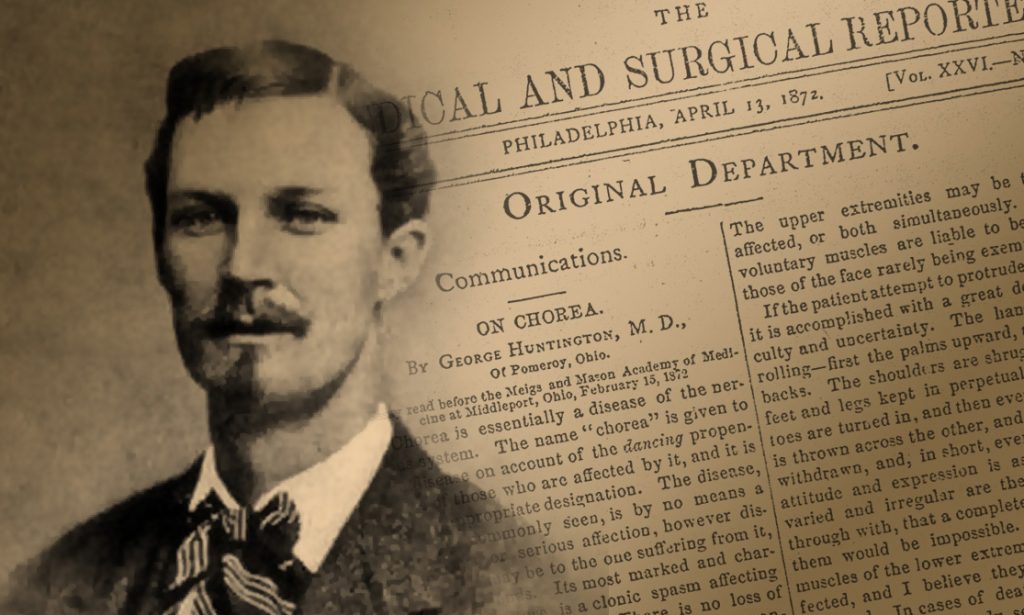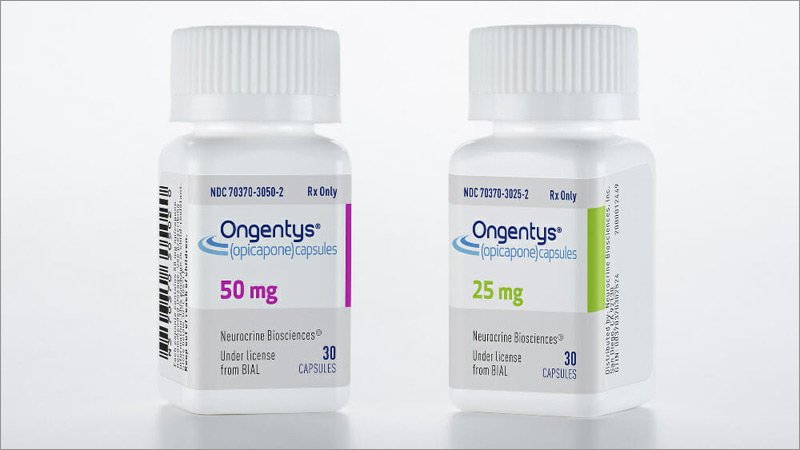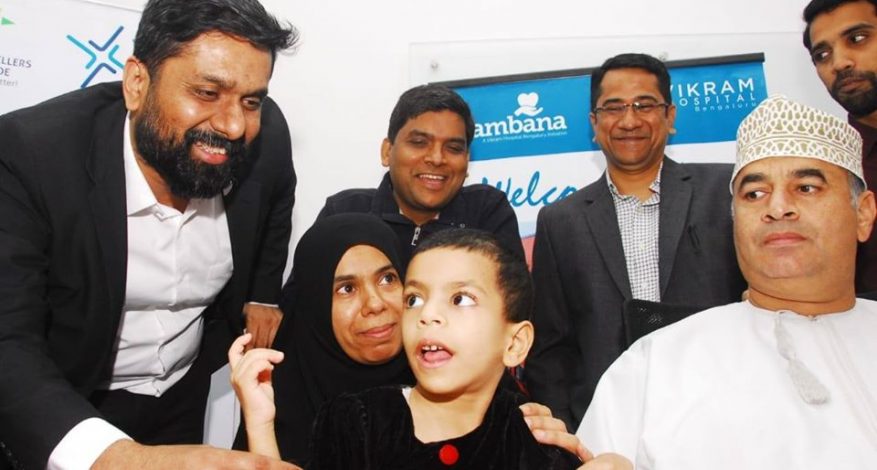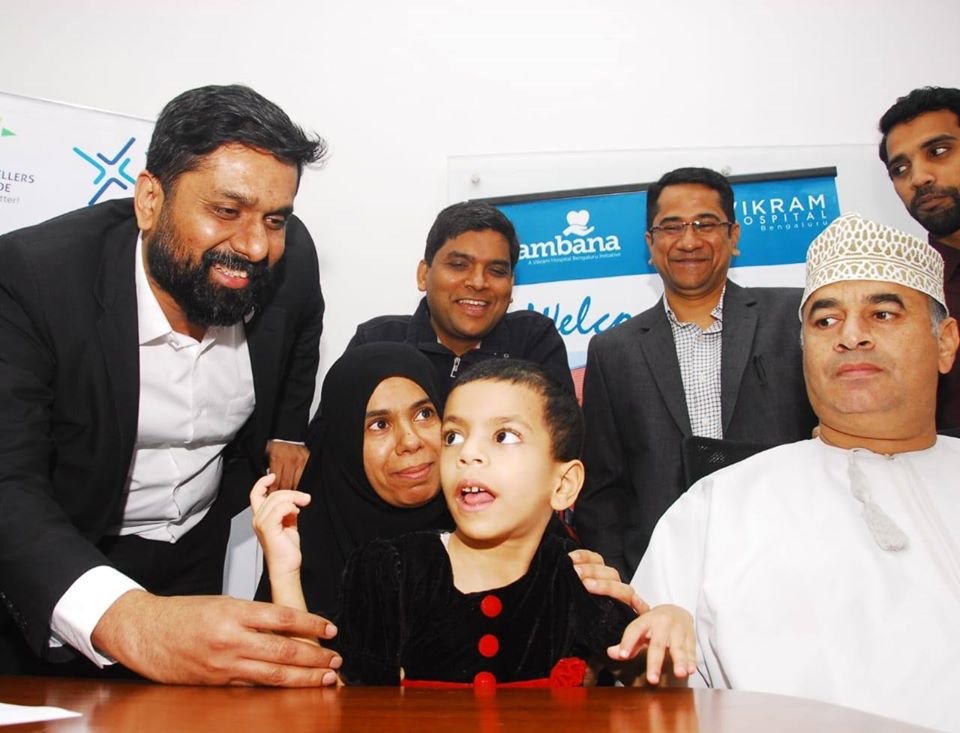World Brain Day – #PDchallenge
#PDchallenge
Lets Shake the Parkinson’s Disease
World Brain Day 2020
#Parkinsons
Every year July 22nd is commemorated as WORLD BRAIN DAY. Annually one disorder will be highlighted to increase the awareness of the disorder. World Brain Day 2020 is dedicated to raising awareness for Parkinson’s Disease, a neurodegenerative brain disorder affecting more than 70 lakh people of all ages worldwide. This year, World Federation of Neurology and International Parkinson and Movement Disorder Society have joined together to end #parkinsons.
In this context, here in India, we are doing an active Parkinson’s Disease awareness campaign in the form of #PDchallenge. The challenge is open to all patients, caregivers, friends, health care workers and everyone across. The primary goal is to create awareness about Parkinson’s Disease. Please do a brief video about your active movements or agility and challenge your family members, friends, colleagues to show their agility. Come lets create awareness about Parkinson’s disease and remove the myths about it. Let’s create awareness by challenging our friends and relatives
10 things about Parkinson’s Disease for this World Brain Day:
- Parkinson’s Disease is neurodegenerative disease affecting the brain
- More than 70 Lakh people of all age groups affected by Parkinson’s Disease Worldwide.
- Parkinson’s Disease classically causes Slowness, Stiffness, Tremors and Balance problems.
- Mood changes, Anxiety, Depression, reduced smelling ability, Sleep disturbances, Urinary issues, Constipation, can also be affected.
- The Scare of the name “PARKINSON’S DISEASE”, make many people to loose hope in life.
- Parkinson’s disease is treatable
- People affected with Parkinson’s disease can lead a near normal quality of life.
- Good treatment options are available including mediations, injections and surgeries.
- Active life style and Exercises form the most important part of management of Parkinson’s Disease.
- Come on the World Brain Day, “Lets Shake the Parkinson’s”


















